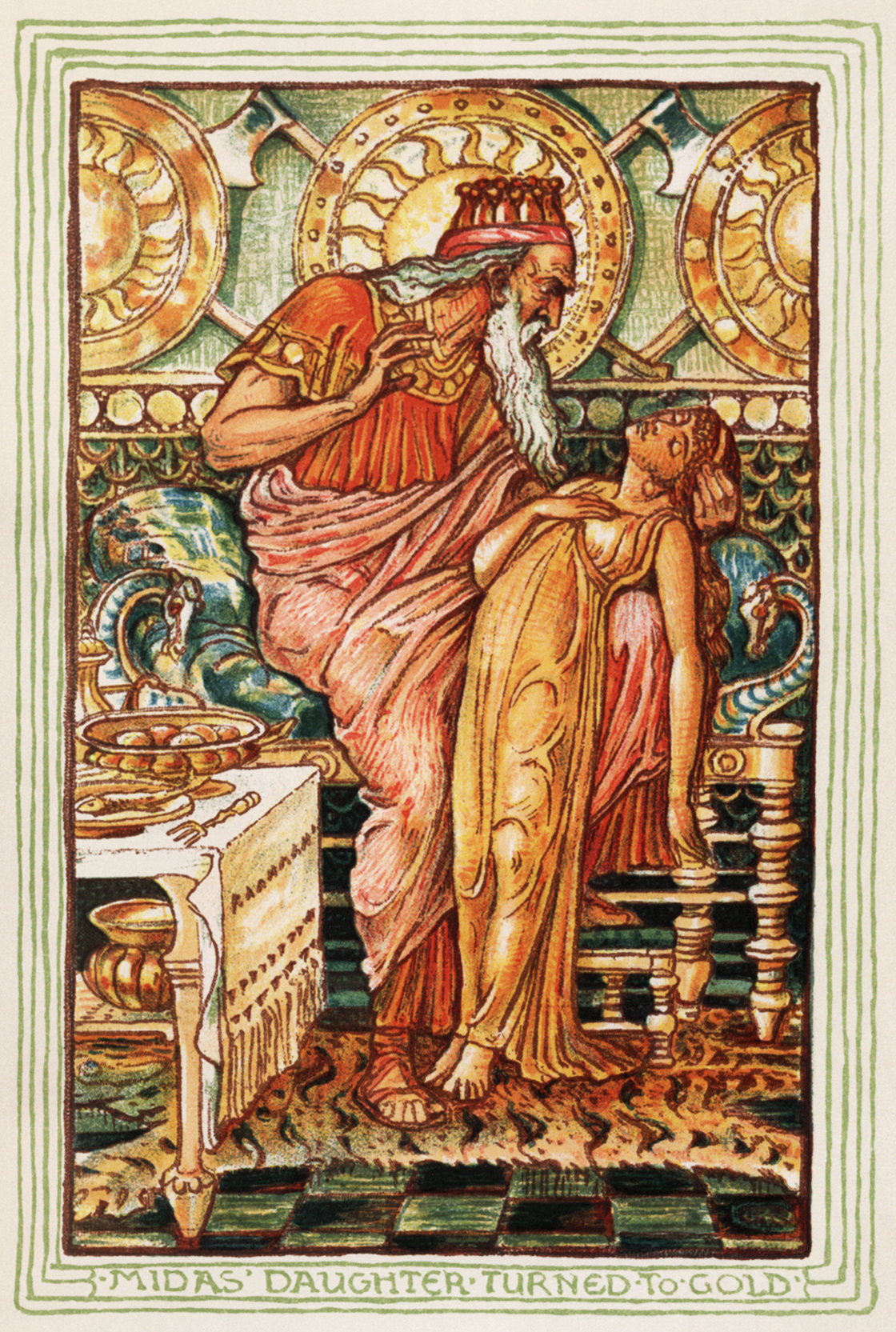We are born, we are taught, all yetzer hara. My wants, my needs, now, now, now! There is no, "My word, poor woman, you must be exhausted. Go to bed, I shan't bother you for eight hours, really. I'll be fine."
Have you ever tried sitting down while holding a baby? Even when they are but a few minutes old, they know the difference. They want some suffering fool to walk with them, endlessly, and preferably somewhere with a pleasant, sufficiently entertaining view.
When we are old enough to be warned that this selfishness isn't cute anymore, the concept of the yetzer hara and the yetzer tov—the shoulder
devil and the shoulder angel—are hammered into us.

The yetzer hara, in its simplest explanation, is the id. Thanks to wikipedia, I can firmly state that it operates on the "pleasure principle." It's primal and instinctive: All about ME.
The yetzer tov is the super-ego, the id's opposite. It seeks transcendence from the grubby, animalistic physicality. What makes us different from our fellow four-legged earthlings are ethics and morals, which dictate acceptable behavior between human and human. It is there, so sayeth the "Love People, Not Pleasure" article by Andrew C. Brooks, that happiness can be found.
My father has clients who are ruthless, successful businesspeople. Their spouses were divorced, their assets are zealously guarded even though it is enough to live a few lifetimes on, and they have the love of a big guard-dog. Then one day, they realize that they confused power with happiness. And they are unhappy. Familiar much with the tale of Midas?

Brooks cites studies which show that the typical lusts of fame, money and the flesh do not bring joy.
This might seem totally counterintuitive. After all, we are unambiguously driven to accumulate material goods, to seek fame, to look for pleasure. How can it be that these very things can give us unhappiness instead of happiness? There are two explanations, one biological and the other philosophical.
From an evolutionary perspective, it makes sense that we are wired to seek fame, wealth and sexual variety. These things make us more likely to pass on our DNA. Had your cave-man ancestors not acquired some version of these things (a fine reputation for being a great rock sharpener; multiple animal skins), they might not have found enough mating partners to create your lineage.
But here’s where the evolutionary cables have crossed: We assume that things we are attracted to will relieve our suffering and raise our happiness. My brain says, “Get famous.” It also says, “Unhappiness is lousy.” I conflate the two, getting, “Get famous and you’ll be less unhappy.”
But that is Mother Nature’s cruel hoax. She doesn’t really care either way whether you are unhappy — she just wants you to want to pass on your genetic material. If you conflate intergenerational survival with well-being, that’s your problem, not nature’s. And matters are hardly helped by nature’s useful idiots in society, who propagate a popular piece of life-ruining advice: “If it feels good, do it.” Unless you share the same existential goals as protozoa, this is often flat-out wrong.
Which ties into another Judaic ideal: Through slavery to God, we are free from the binds of nature. It turns out, we'll be happier that way. The laws of bein adam l'chaveiro appear to be, on the surface, merely about justice, respect, and love, but they are also the guarantee to our internal happiness.
Love people, use things.
Easier said than done, I realize. It requires the courage to repudiate pride and the strength to love others — family, friends, colleagues, acquaintances, God and even strangers and enemies. Only deny love to things that actually are objects. The practice that achieves this is charity. Few things are as liberating as giving away to others that which we hold dear. . .
Finally, it requires a deep skepticism of our own basic desires. Of course you are driven to seek admiration, splendor and physical license. But giving in to these impulses will bring unhappiness. You have a responsibility to yourself to stay in the battle. The day you declare a truce is the day you become unhappier. Declaring war on these destructive impulses is not about asceticism or Puritanism. It is about being a prudent person who seeks to avoid unnecessary suffering.
No comments:
Post a Comment